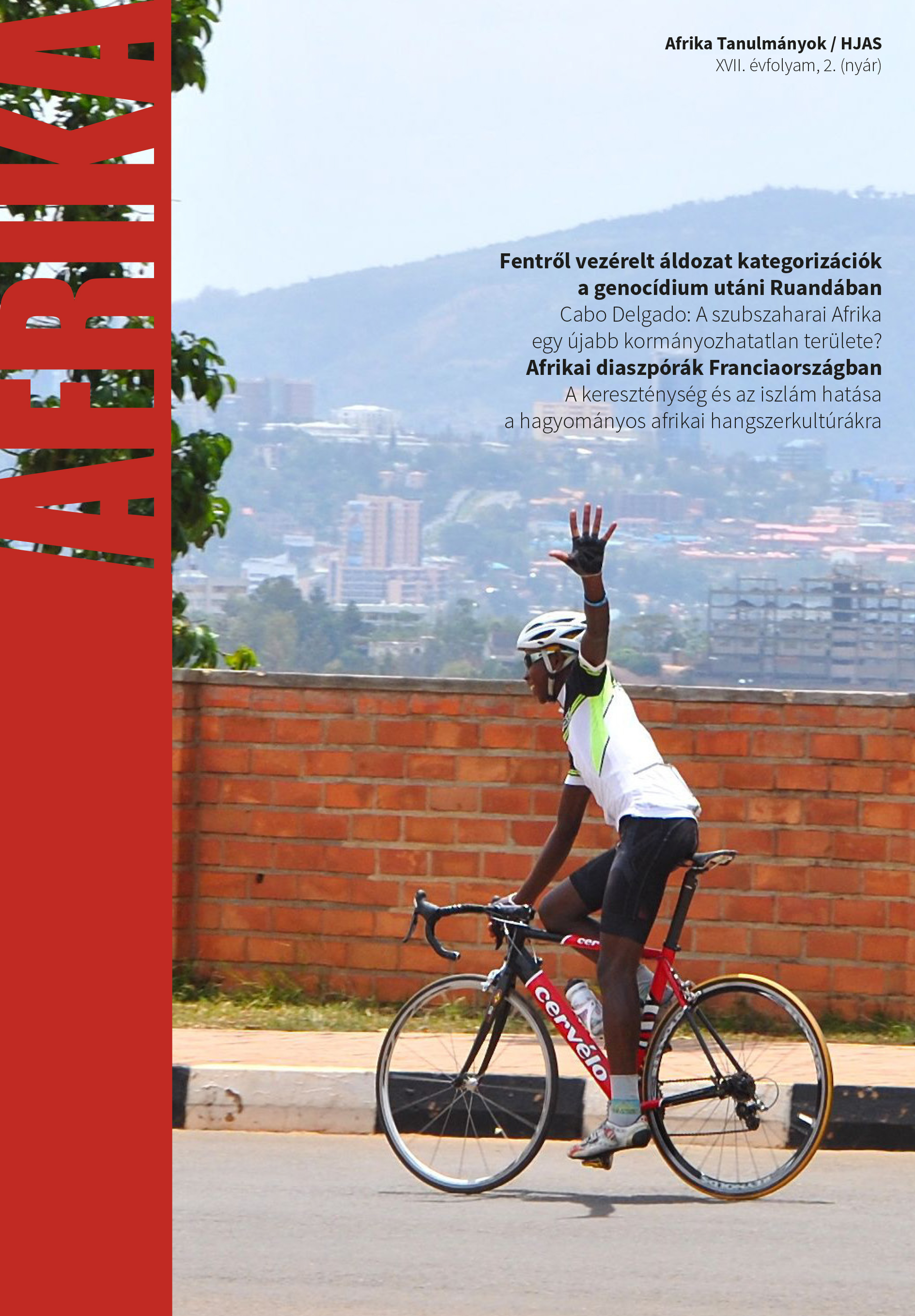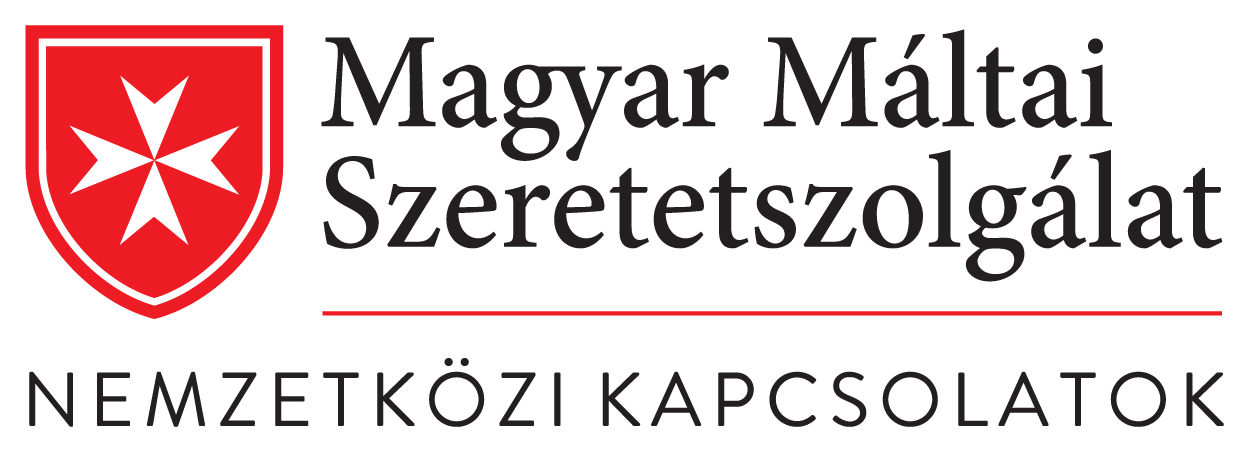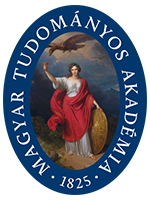Cabo Delgado: a szubszaharai Afrika egy újabb kormányozhatatlan területe?
DOI:
https://doi.org/10.15170/AT.2023.17.2.2Kulcsszavak:
kormányozhatatlan terület, Cabo Delgado, dzsihádizmus, határvidék, állami törékenység, etnikai kirekesztésAbsztrakt
A 2000-es évektől a kormányozhatatlan terület fogalma egyre meghatározóbbá vált, köszönhető ez elsősorban a 2001. szeptember 11-i terrortámadásnak a Word Trade Center ellen, ami elindította az Amerikai Egyesült Államok globális harcát a terrorizmus felszámolására, egyre nagyobb figyelmet szentelve azoknak a területeknek, ahol az állami jelenlét gyenge és ideális bázisul szolgálhat a terror és/vagy dzsihádista szervezeteknek. Ezek alól a szubszaharai Afrika területei sem kivételek, hiszen az elmúlt bő egy évtizedben a dzsihádista mozgalmak befolyási területe addig soha nem látott ütemben nőtt. A tanulmány ennek a tendenciának a legújabb esetét mutatja be, Mozambik északi részét, Cabo Delgado-t. A kormányozhatatlan területiség ismérvein végighaladva a tanulmány arra a kérdésre keresi a választ, hogy Cabo Delgado minősülhet-e kormányozhatatlan területnek. Ennek a megválaszolásához a fogalom részletes kifejtése és Mozambik északi részének társadalmi, gazdasági és biztonságpolitikai folyamatainak vizsgálata szükséges.
Downloads
Megjelent
Hogyan kell idézni
Folyóirat szám
Rovat
License

This work is licensed under a Creative Commons Attribution-NonCommercial-NoDerivatives 4.0 International License.
















